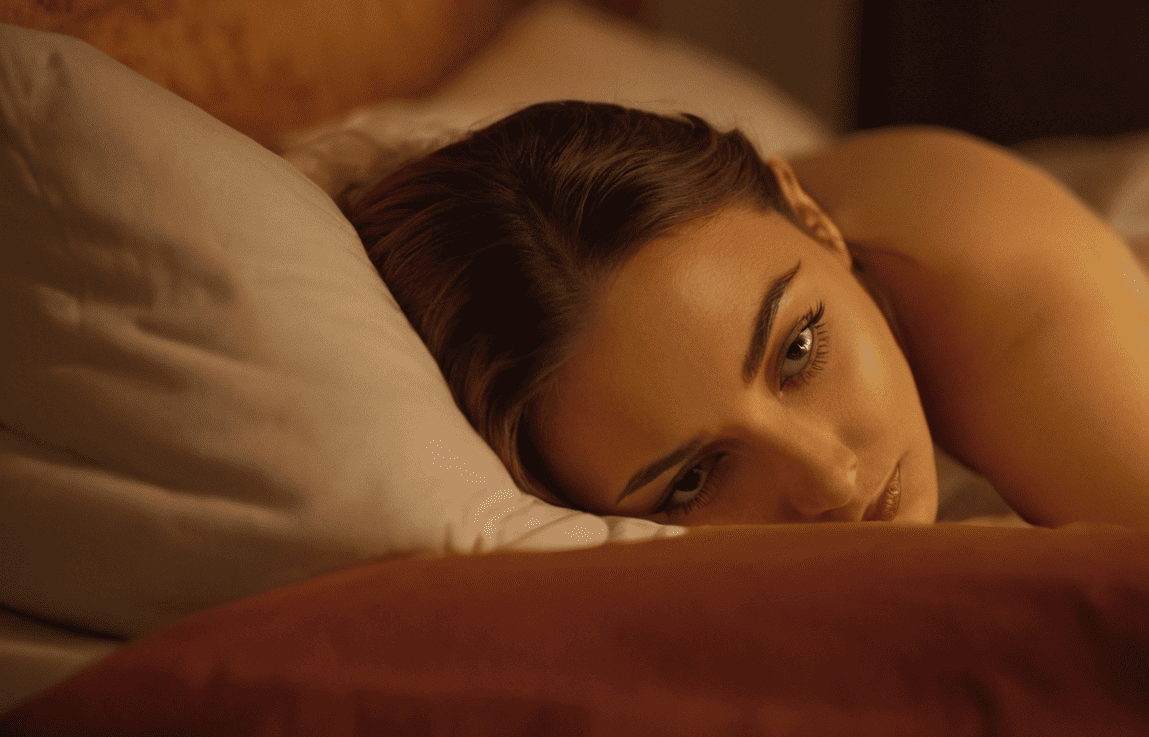Is sleep the scourge of the century? In any case, it is now difficult to find someone who has not one day complained of having “slept badly” or “had a restless sleep”. But for “World Sleep Day” to be the day of good habits, specialists believe that there are a few tips to put into practice to promote quality sleep and minimize the consequences of insufficiently restorative sleep.
In Belgium, the latest update on sleep dates back to March 2018. This is a study conducted by Philips on the occasion of World Sleep Day. The figures revealed that more than eight out of ten Belgians sleep less than 7.5 hours and that one in five respondents say they are still tired when they wake up: the height of absurdity. The study also indicated that sleep is tumultuous within our borders: more than half (55%) of those interviewed said they woke up at night at least once a week and 18% said they saw their sleep interrupted every day.
If the figures for “sleeping badly” reveal its extent, there is no miracle cure. Some people think of consulting sleep specialists and they would be more and more to opt for this option: “In sleep medicine, the waiting times for an appointment have increased in recent years,” observes Benny Mwenge, professor of sleep medicine at the Cliniques universitaires de Saint-Luc. But it is not necessarily necessary to go that far, there are applicable tips so that your bed looks like the arms of Morpheus in which you dream of falling asleep every night.
- Eat light
“You should avoid eating too heavy,” insists Benny Mwenge, professor of sleep medicine at the Cliniques universitaires de Saint-Luc. Eating light in the evening is therefore opportune to keep the line but also to optimize sleep. The expert insists on the importance of a good diet. It is therefore advisable to avoid indulging in a good gratin of pasta with bacon before closing your eyes, favor healthy foods.
Drinking behavior is also implicated in sleep disorders. It is useless to remember that a pre-twilight coffee is not advisable. The same goes for alcohol. “Alcohol intake, if any, should not be associated with the evening, it is a mistake and it disrupts sleep,” points out the specialist.
- Don’t stop going out
“You shouldn’t be afraid to go out at night by telling yourself ‘if I go out, I won’t be able to sleep’. Decompressing, spending time with friends is an important factor in reducing sleep-related anxiety,” adds Benny Mwenge. Because yes, thinking too much about “sleeping well” is often the best way to sleep badly. It is precisely for this reason that clearing your head is the best way to optimize your sleep: “This helps to avoid putting in place other behaviors that will get worse,” explains Dr. Mwenge. Having social activity is important. This sends messages to the brain that promote sleep and falling asleep.”
Fixating on your sleep problems is “the worst thing to do,” she says. So it’s simple: stop counting the number of times you wake up at night, stop stressing about whether or not you will be able to wake up in the morning and let yourself be lulled by your dreams. Easier said than done. So just remember this advice: enjoy your days and evenings and don’t deny yourself any outings.
- Opt for regularity
Going to bed at regular times is not easy but it is still recommended. The cause: the secretion of hormones that are active during sleep which can be destabilized if the cycles are not regular.
Oscillating between short and long nights allows you to recover but is not viable in the long term. For Benny Mwenge, a long night does not fully compensate for a short night that precedes it: “When you sleep little, the quality of the following night will necessarily be better. We reach deep sleep more easily in case of intense fatigue.” So as much as possible, favor regularity.
- Wind Down Before Bed
A good, soft bed isn’t the only ingredient for a good night’s sleep. There are a few tricks you can use to get yourself in the right frame of mind to sleep. For example, keep your bed for sleeping only. Avoid watching your favorite show or finishing a level of Candy Crush in bed. This will help you establish a strong psychological association between your bed and sleep, and make it easier to fall asleep. As for screens, it’s best to avoid them as much as possible in the evening to reduce the stimulation they cause.
“You need to put yourself in a psychological state conducive to sleep,” says the specialist. “Stop your ‘daytime’ activities and start ‘evening’ activities before going to bed.” In concrete terms, if your little post-work ritual is to watch TV, that’s fine, as long as you do it in your living room.
- Don’t Stress About Sleep
This is perhaps the most important tip: avoid anxiety about sleep. “Everyone wakes up during the night, and has since they were little. When you roll over, you wake up, it’s not a big deal,” the sleep expert insists. “You just need not to dramatize the situation and be as calm as possible to fall back asleep without any problems.”
Stop feeling guilty about not sleeping enough. You may just be a “short sleeper,” and that’s genetic – there’s nothing you can do about it. The key is to listen to your body. Are you in good shape during the day? Does your fatigue prevent you from doing certain things?
Because not sleeping well does not necessarily mean you have insomnia. Benny Mwenge reminds us that the criteria for being diagnosed with insomnia are the accumulation of poor sleep – with difficulty falling asleep and frequent night awakenings – the repercussions of this lack of rest during the day, and all of this over a period of three months or more. It’s perfectly normal to wake up feeling unrested some mornings.







